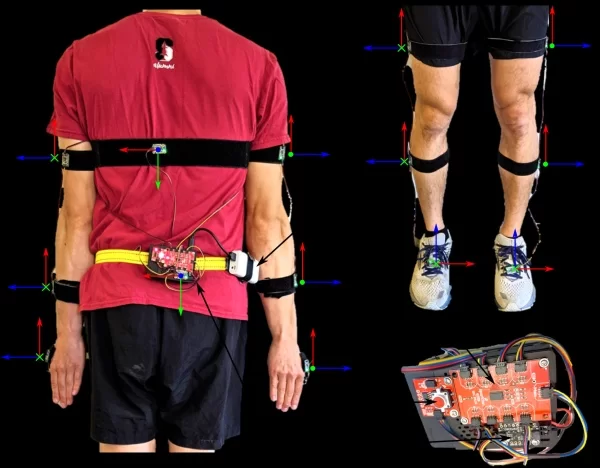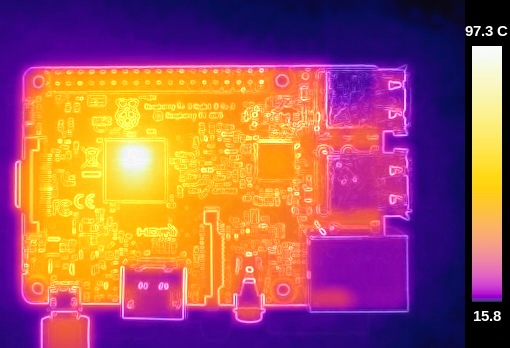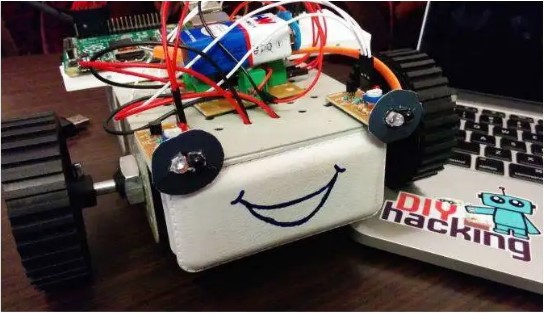PICOSCOPE 6000E 8-CHANNEL 500MHZ MIXED-SIGNAL OSCILLOSCOPES
The PicoScope 6000E series brings very high speed performance to an 8 analog channel, 16 digital channel oscilloscope with 5GSa/s sampling and 4GSa deep memory. Saelig Company, Inc. has introduced the PicoScope 6000E Series 8-channel 500MHz Oscilloscopes, which provide 8 to 12 bits of vertical resolution, 5GSa/s sampling rate, and 4GSa memory, allowing these scopes to […]
PICOSCOPE 6000E 8-CHANNEL 500MHZ MIXED-SIGNAL OSCILLOSCOPES Read More »











